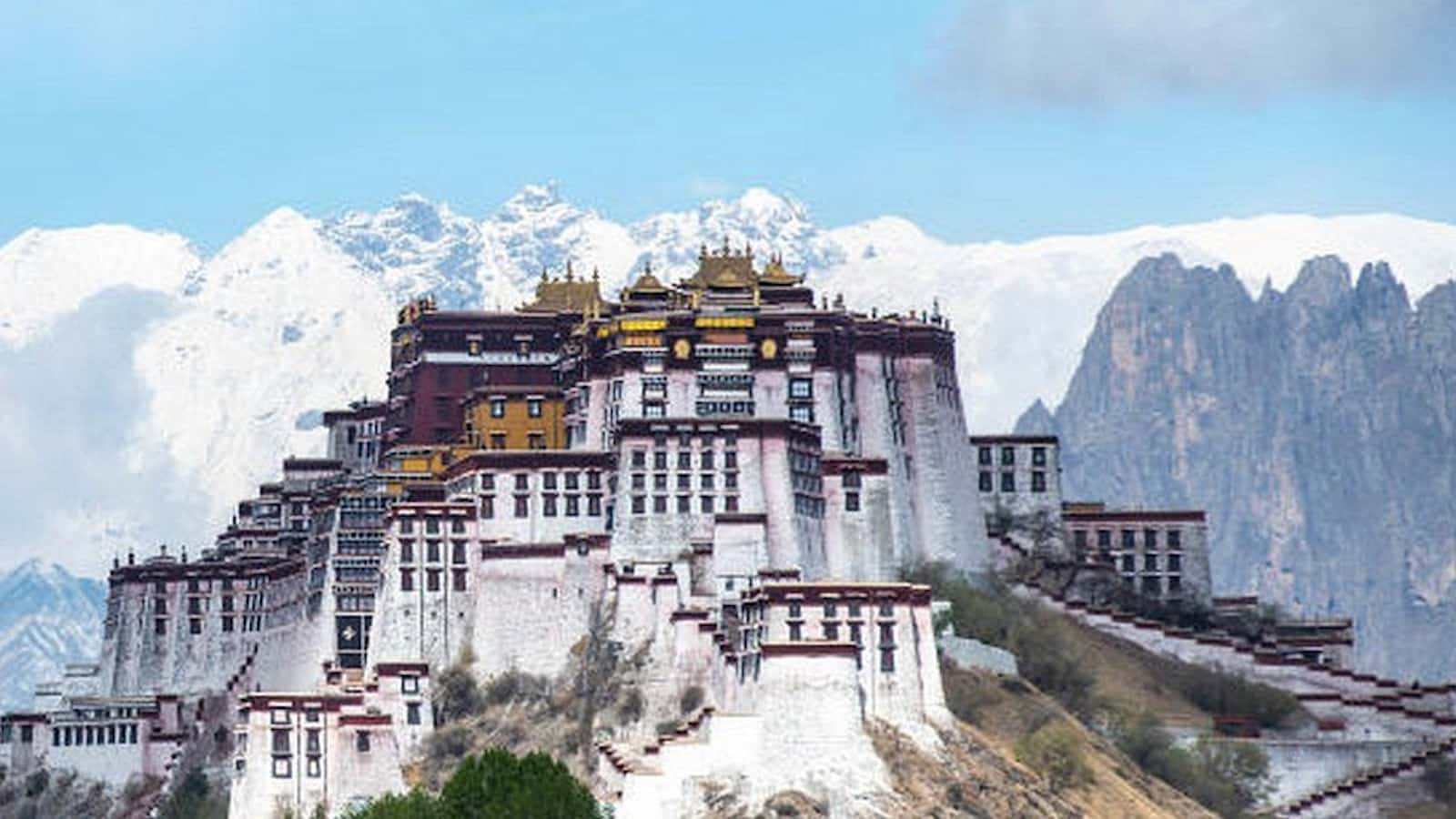India Rename Locations in Tibet: In reaction to China’s renaming of locations in Arunachal Pradesh, India has announced plans to rename more than two dozen locations in Tibet. This action is part of a larger initiative to affirm India’s own geographic and historical narratives and refute China’s territorial claims.
Maj Gen (Dr) Ashok Kumar, VSM (Retd), a veteran of the Kargil War and a media and defense analyst, shared his opinions with Financial Express Online. He stressed that China’s activities fit into a larger pattern of unreliable behaviour and territorial aggression. He emphasized how critical it is for India to respond forcefully to China’s actions. “China has never been a reliable country.
Furthermore, they have a lot of experience in backstabbing, having done it in several different countries. Despite signing Panchsheel in 1954 and bringing up the Hindi folktale of Chini Bhai Bhai, they did the same with India in 1962. In actuality, they always lose to nations that confront them head-on, regardless of the other nation’s size. According to General Kumar, two notable instances demonstrating the Chinese people’s proper place are Vietnam and Russia.
Background & Context
According to previous Financial Express Online reports, China has frequently referred to various locations in Arunachal Pradesh as “Zangnan” or “southern Tibet.” China published its fourth list of “standardized” names for 30 Arunachal Pradesh places (including residential areas, mountains, rivers, and lakes) in March 2024. They is continuously working to bolster its claim to the state of northeastern India, and this action is part of that endeavour.
China criticizes India for expressing desire for deeper ties with Taiwan
India has chosen to rename locations in China’s Tibet Autonomous Region in retaliation. Additionally, the Indian Army has publicly refuted the Chinese names for locations in Arunachal Pradesh.
Reaction Strategy
A list of around thirty locations in Tibet that will have their old names restored from historical accounts in Indian languages has been compiled. In an attempt to refute China’s claims over Arunachal Pradesh and other disputed border regions, this list is anticipated to be revealed shortly.
Renaming Tibetan locations is seen as a tit-for-tat response to China’s unilateral policies. Speaking under anonymity, Indian officials have stressed that the new names are the result of extensive historical research to offer a compelling story that challenges Chinese territorial claims.
Political and Diplomatic Reactions
China has renamed sites in Arunachal Pradesh, but India has always refused this, claiming the state is an essential part of India and that China’s actions do not change this reality. As previously reported, in 2023, Arindam Bagchi, the spokesperson for the Ministry of External Affairs, declared, “Arunachal Pradesh is, has been, and will always be an integral and inalienable part of India,” during a weekly briefing. Attempts to give fictitious names won’t change this fact.
S Jaishankar, the minister of external affairs, called China’s claims about Arunachal Pradesh “ludicrous” and emphasized that the state is an inherent part of India. He emphasized that India’s position is unwavering and unchanging and that China’s actions are part of a larger pattern of territorial expansion.
Normalisation of our ties with China must be based on mutual respect: MEA
Extra Clarification from Maj Gen Ashok Kumar
Maj Gen Kumar pointed out that China has been a source of trouble for India ever since its founding, having engaged in acts of aggression and territorial violations in areas such as Eastern Ladakh. He drew attention to China’s “cartographic aggression,” which involves the publication of maps that incorporate Indian regions into China.
According to Financial Express, for the renaming plan, General Kumar emphasized how critical it is that India act decisively. “Now is the time to be practical,” he said. Our claims will remain weak as long as we cannot claim our names for locations in Gilgit-Baltistan, Aksai Chin, Shaksgam Valley, and the remainder of Pakistan-occupied Kashmir (PoK). Renaming locations in Tibet will be a powerful step toward establishing our authority, particularly those with historical value.
“If India takes such steps, it will truly reflect the true power of the Indian nation, fully ready to play its role on the global stage,” he continued.
Renaming locations in Tibet is an important change in India’s approach to fending off China’s territorial claims. India seeks to express its narratives and fortify its place on the international scene by taking back historical names and opposing China’s unilateral acts.



